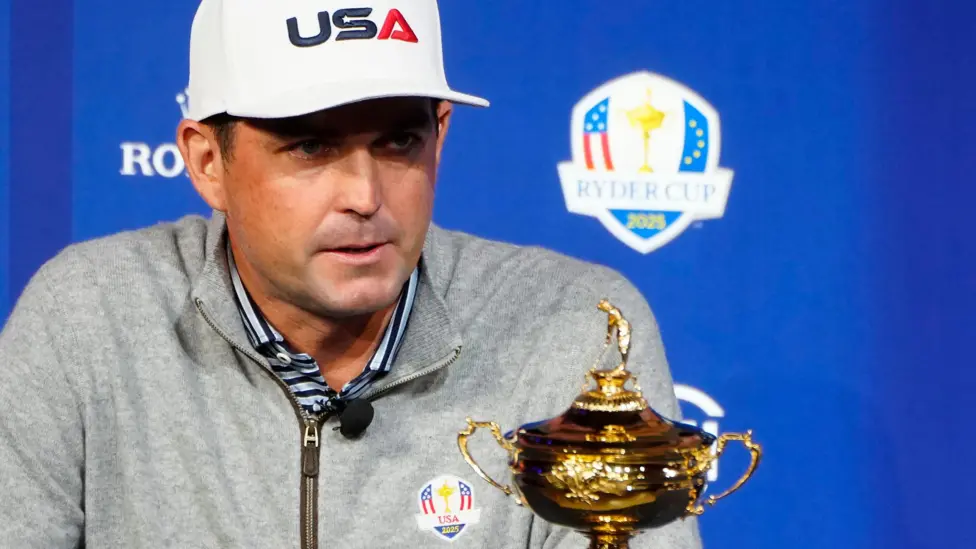
Keegan Bradley Faces Ryder Cup Dilemma: Will the US Captain Pick Himself?
When Keegan Bradley sits down to finalize his six Ryder Cup wildcard picks, he will face a decision no American captain has had to make in more than six decades: whether or not to select himself. It is a scenario he has described as “ridiculous” and “controversial,” but also one that feels almost inevitable given his form and his competitive fire.
The 39-year-old has been walking a tightrope ever since his surprise appointment as U.S. captain. Unlike many of his predecessors, Bradley is not a fading figure from the game’s past, but an active contender who has been playing some of his best golf in recent years. His runner-up finish at the Tour Championship and a strong win earlier in the summer against Tommy Fleetwood at the Travelers proved that he is still among the top dozen Americans on current form.
But that dual role—captain and potential player—has created a fascinating tension. If he does take up one of his own picks, Bradley would be the first playing captain since Arnold Palmer in 1963, back when the Ryder Cup was a more modest affair and the lines between leadership and participation were blurred. Today, the event is a multi-million-dollar global spectacle, and every selection is scrutinized in forensic detail.
Ryder Cup Captain Bradley at the Crossroads
Bradley’s Ryder Cup record isn’t glittered with triumph. He featured in two editions—2012 at Medinah and 2014 at Gleneagles—both ending in U.S. defeat. Yet his passion for the red, white, and blue has never been in question. He still refuses to open the kit bag from his debut, insisting he won’t touch those uniforms until he has been part of a winning American team.
Now, as captain, he knows he carries responsibility not only for the team’s culture but also for its composition. The six automatic qualifiers—Scottie Scheffler, JJ Spaun, Xander Schauffele, Russell Henley, Harris English, and Bryson DeChambeau—are locked in. Beyond them, the debate begins, and Bradley himself sits squarely in the mix.
“Making the picks and thinking of picking yourself is ridiculous,” he admitted last week. “It doesn’t seem like reality sometimes. It’s going to be controversial to certain people either way, and I’m prepared for that. Whatever decision I make, it’s for the betterment of the team.”
The Contenders for Wildcard Picks
Justin Thomas, despite a wobbly season, looks safe. He finished seventh on the points list, has two majors to his name, and is considered one of the fiercest U.S. competitors in Ryder Cup history.
Collin Morikawa is less of a sure thing. The two-time major champion has lacked consistency since March, failing to contend in big moments and struggling with confidence. His eighth-place finish in qualifying doesn’t guarantee him selection when others are trending upward.
Cameron Young, a possible rookie, has made a strong late case. The big-hitting New Yorker, ranked 14th in qualifying, recently broke the Bethpage course record and looks like a natural fit for the host venue’s demands.
Patrick Cantlay brings proven Ryder Cup pedigree and has recent form on his side, finishing runner-up to Fleetwood in Atlanta. His reputation as a gritty competitor could earn him a third consecutive appearance.
Sam Burns is another name pushing hard. A superb putter and close friend of Scheffler, he nearly captured the U.S. Open in June. Ranked only 16th in qualifying, Burns would require leapfrogging higher-ranked players, but his partnership potential is tempting.
Further down the list, Ben Griffin and Maverick McNealy both sit inside the top 10 of the standings and have put together convincing runs. Griffin’s Zurich Classic victory alongside Andrew Novak showcased his ability in team formats, though Novak himself seems unlikely to get a call. McNealy bolstered his case with a strong third-place finish at the BMW Championship.
Brian Harman, the 2023 Open champion, has pedigree but may not be the ideal fit for Bethpage Black, a beast of a course that rewards length and power. His precision game might not translate to the brutal setup.
Where Does Bradley Fit In?
The elephant in the room remains the captain himself. His share of seventh at the Tour Championship, highlighted by middle rounds of 64 and 63, was a timely reminder of his quality. In truth, had someone else been captain, Bradley would almost certainly have been in the thick of the conversation for a wildcard.
The question is whether he can balance the demands of playing and leading. The Ryder Cup is an emotional cauldron where captains must manage egos, partnerships, strategy, and morale across three exhausting days. Bradley would have to lean heavily on vice-captains Jim Furyk, Webb Simpson, and Brandt Snedeker, all of whom bring experience. Kevin Kisner and Gary Woodland, the other assistants, do not.
Could Bradley realistically focus on hitting clutch putts in the afternoon while also making decisions about foursomes pairings for the next morning? The precedent is ancient, and the modern event is far more complicated. Still, the mood music around American golf suggests that many want to see him out there competing.
A Decision That Will Be Scrutinized
Whatever Bradley decides, he knows it will be divisive. If he selects himself, critics will accuse him of self-indulgence. If he leaves himself out, many will say the U.S. side is weaker without one of its form players.
“Really awful. Really, really truly awful,” is how Bradley described the prospect of phoning players who miss out. He understands the heartbreak, having been overlooked himself in the past. Yet now, the weight of delivering those calls—and making one to himself—rests squarely on his shoulders.
The Bigger Picture for Team USA
For the U.S., success is measured only in trophies. They have dominated at home, but their record on European soil is dismal. No team has won away in 13 years, and the Americans have only two overseas triumphs this century. That adds extra pressure, because the 2025 edition at Bethpage Black should be theirs to win. Losing at home again would be seen as a catastrophe.
Bradley’s decision, therefore, is not just about one man’s ambition but about maintaining America’s iron grip on home Ryder Cups. If he believes he can contribute points on the course, then the logic of including himself becomes harder to dispute.
Conclusion: Bradley’s Moment of Truth
Keegan Bradley has always worn his heart on his sleeve. His love for the Ryder Cup, his passion for the U.S. team, and his competitive drive have never been in doubt. Now he stands at a crossroads that could define not only his captaincy but also his legacy.
Will he become the first playing captain since Arnold Palmer, leading from inside the ropes? Or will he step back, focusing entirely on guiding his 12 players from outside the ropes?
The answer comes on August 27, when the world will learn if Bradley has taken the boldest decision of his golfing life.
One thing is certain: whether he plays or not, his choice will be remembered as one of the most controversial moments in modern Ryder Cup history.





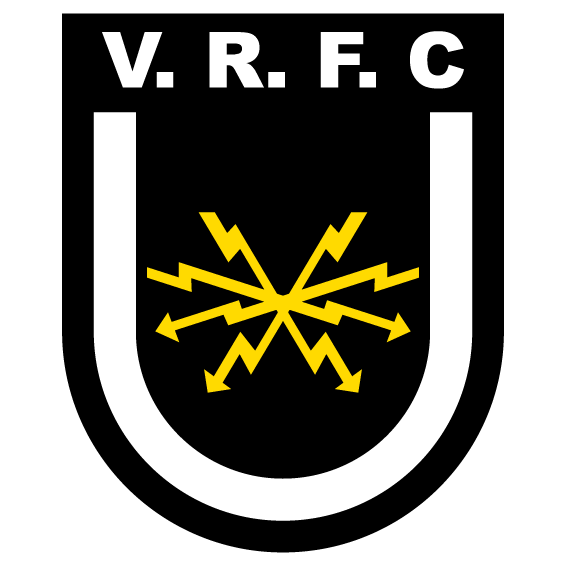







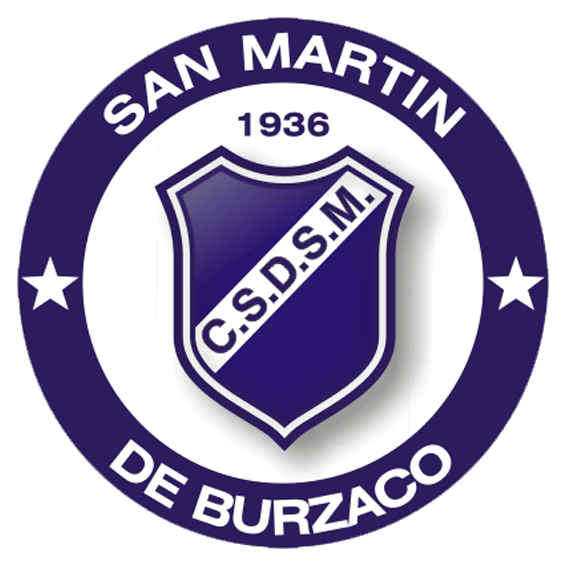




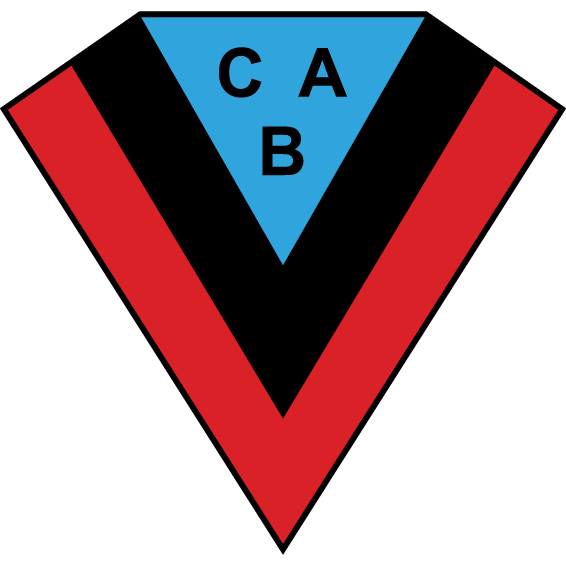




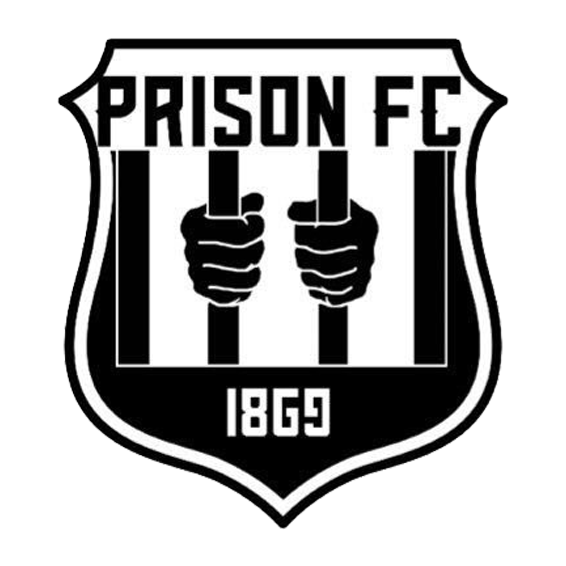





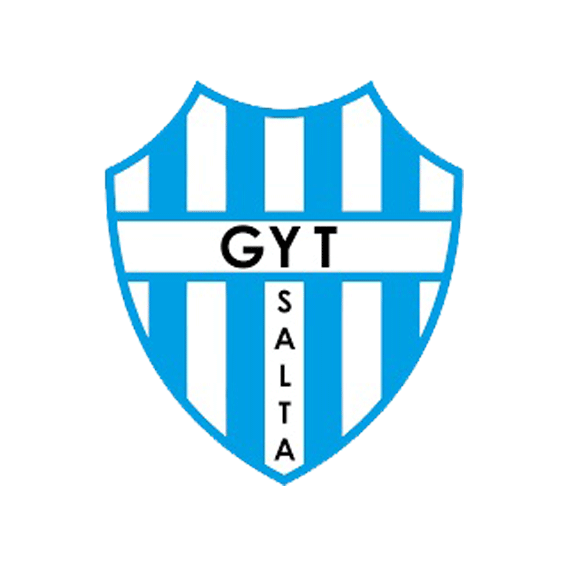






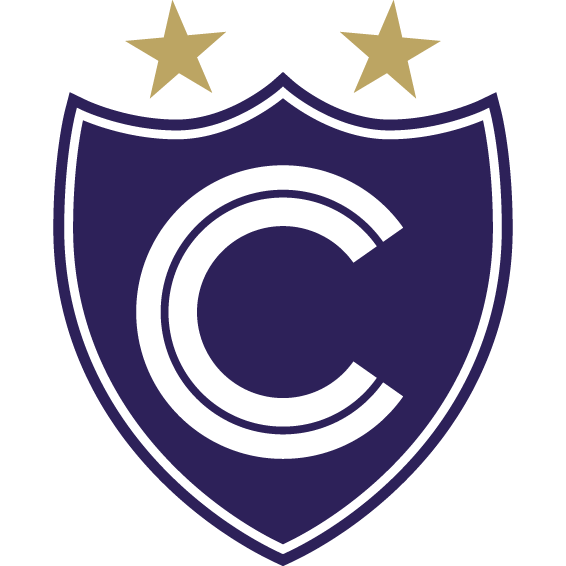


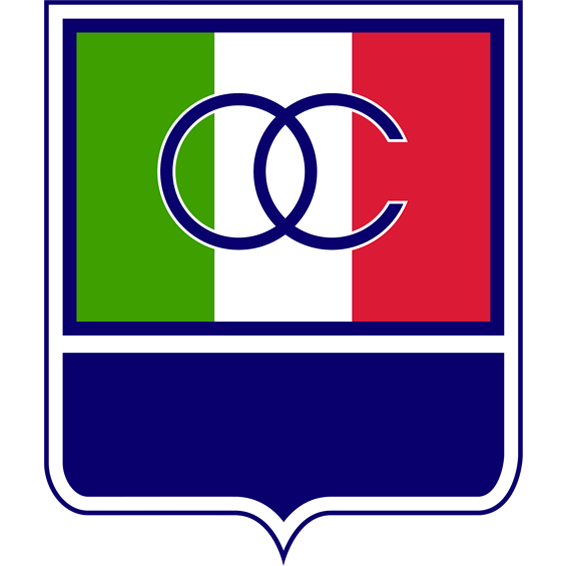

























There are no comments yet. Be the first to comment!